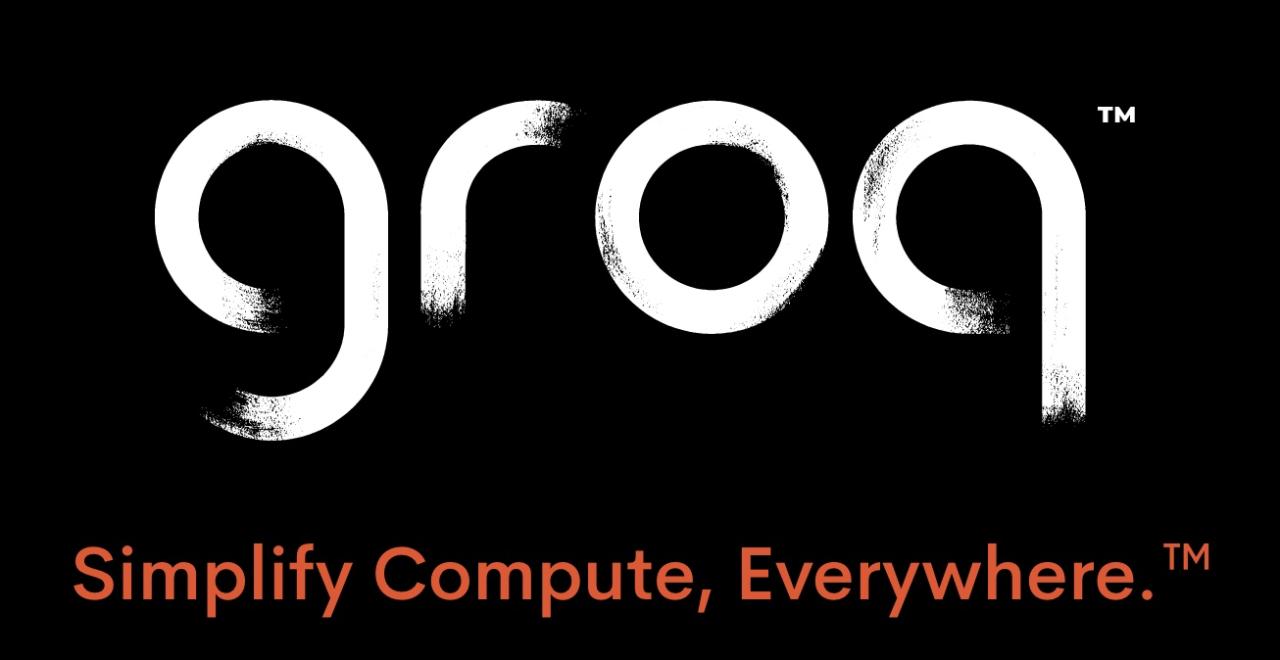
International Workshop on Machine Learning Hardware (IWMLH), Co-located with ISC2020
Presentations: click here for full playlist
Keynote, Albert Cohen: Compiler Construction for Hardware Acceleration: Challenges and Opportunities PDF Slides
Preferred Networks: MN-Core: Massively SIMD Deep Learning Accelerator (PDF slides)
GraphCore: Scalable Machine Intelligence Systems (PDF slides)
Groq: Groq’s Tensor Streaming Processor (PDF slides)
SambaNova: Accelerating Software 2.0 (PDF slides)
Cerebras: Wafer-scale AI for science and HPC (PDF slides)
A 90 minute live Q/A Session was conducted on June 25th for the ISC2020 audience to ask questions on both the keynote and participant’s presentations.
Invited speaker
 |
Albert Cohen, Research Scientist, Google Research. |
Compiler Construction for Hardware Acceleration: Challenges and Opportunities
This is a new golden age for optimizing compilers. We live in a heterogeneous world of domain-specific languages and accelerators, freeing programming language and computer architects from the chains of general-purpose, one-size-fits all designs.
[John Hennessy and Dave Patterson’s Turing award lecture, shamelessly adapted.]
The emphasis moves from abstraction penalty removal to zero-cost abstraction by design, from optimization targeting a Von Neumann architecture to the orchestration of a distributed hierarchy of computational and memory resources, from performance through native libraries to just-in-time code generation through active libraries, from expert-written heuristics to machine learning compilation and program synthesis. Beyond performance, compiler construction for heterogeneity also raises challenges in debuggability across abstractions and languages, formal methods and security.
Building on applications from high performance computing and machine learning, we will illustrate these challenges on the design of MLIR, an open source infrastructure supported by the LLVM foundation, to accelerate innovation in machine learning (ML) and high-performance computing (HPC). MLIR is built for extension and evolution, enabling research and engineering on heterogeneous compilation; it is also a research artifact raising its own design, semantics and algorithmic challenges.
Participating companies
Workshop Scope
Recent years have seen a surge of investment in AI chip companies worldwide. Most companies design accelerators for industrial applications, as opposed to scientific workloads. As the use of machine learning (ML) accelerates in the HPC field itself, there is concern that the scientific community should influence the design of this new specialized hardware. Indeed, scientific computing has an uncommon set of requirements regarding platform usage and administration, and how those chips answer those demands will shape the future of their integration within the global scientific computing infrastructure.
The workshop will feature the participation of select AI accelerator companies, with discussions centered on the following aspects:
- Programming models. Most AI chips are designed to leverage regularity in the dataflow inherent in ML models. This design supposes the use of standard model representation formats and/or custom dataflow graph formats. Those programming models are of high interest to the scientific community. We need to understand which types of ML/scientific applications will be supported by each platform, as well as the associated development and maintenance costs.
- Compiler toolchain. ML accelerators often rely on complex compilation technology to map dataflow descriptions to hardware. These compilers can be radically different from existing compiler stacks in that they may solve complex placement and routing problems. The usage model of those compiler toolchains in a scientific computing context is a subject worthy of discussion. Indeed, the features of the compilers and constraints around their use will play a large role in the scientific process itself.
- System interfaces. Understanding what low-level system interfaces will be available can help cast light on which usage and administration model to expect. In particular, we’d like participants to discuss expected capabilities in terms of concurrency, partitioning, debugging, power management, and performance characterization.
- Architecture. Successful integration of AI chips in the existing scientific computing infrastructure will require a proper understanding of chips in terms of operator optimization and customization, bandwidth, latency, memory management, power demands, and network capabilities.
Organizers
Pete Beckman, Argonne National Laboratory - beckman@mcs.anl.gov
Swann Perarnau, Argonne National Laboratory - swann@anl.gov
Rosa M.Badia, Barcelona Supercomputing Center
Kentaro Sano, RIKEN
Valentin Reis, Argonne National Laboratory - vreis@anl.gov



